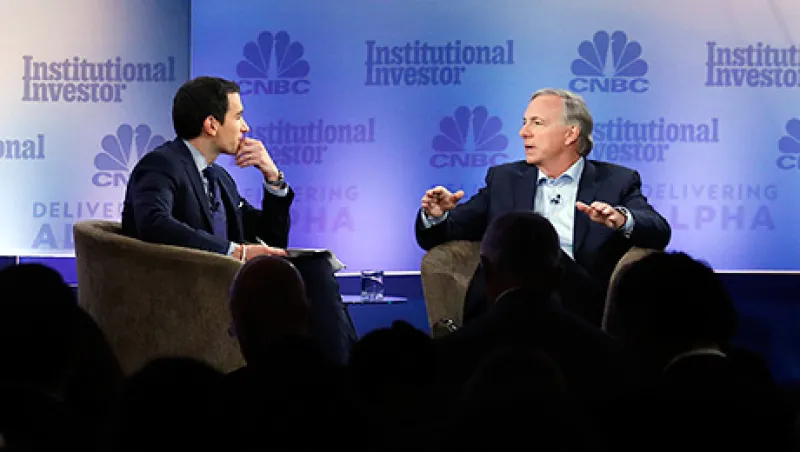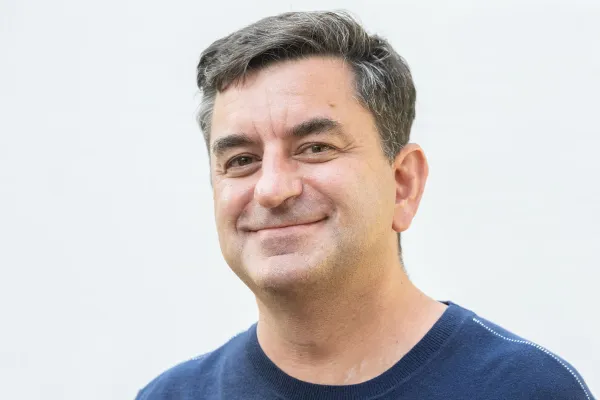Bridgewater Associates’ Ray Dalio thinks it would be bad for the Trump administration as well as the markets if Gary Cohn resigned as National Economic Council Director and cited “social tensions” as one of his greatest concerns in a wide-ranging interview on Tuesday.
“If he leaves it would be terrible,” the Bridgewater founder, chairman and chief investment officer said of Cohn in the interview, conducted by CNBC’s Andrew Ross Sorkin at the CNBC Institutional Investor Delivering Alpha Conference. “It would undermine future progress of economic reforms” being contemplated by the Trump administration.
Noting there are openings in crucial departments in the Trump administration, Dalio said a Cohn departure would also send a signal about what it is like to work in the Trump administration and harm recruitment of key people. Pundits have been speculating about Cohn’s employment status since he partially criticized Trump’s reaction to the Charlottesville demonstrations and murder of a protester.
In the interview, Dalio, who heads the world’s largest hedge fund firm, touched on topics he has written on in recent months, such as the economy’s current parallels to 1937, when the Federal Reserve began tightening following an easy money environment in response to a major economic crisis. However, he is not predicting imminent war.
Dalio also expressed concerns about geopolitical events, such as the North Korean crisis, asserting that for this and other reasons investors should maintain a 5 percent to 10 percent allocation to gold. Otherwise, he is looking for 2.5 percent to 3 percent economic growth. He also predicted the corporate tax rate will wind up at 23 percent when tax reform is completed, higher than the 15 percent Trump has been advocating.
At the same time, Dalio is concerned about the government’s multiple obligations in addition to its debt, such as pensions and health care, and how they may potentially undermine productivity. He also tried to raise strong concerns several times during the interview about the growing income inequality in the country, especially how the bottom 60 percent would respond to a recession, which he asserted breeds populism.
The founder also discussed his firm’s controversial culture, codified in a guidebook entitled “Principles,” which Dalio is publishing as a book, to be released next week. Dalio defended Bridgewater’s culture of what he has called “radical transparency,” encouraging employees to openly critique and disagree with one another, saying that he has tried to foster a culture of “thoughtful disagreement,” to which he credits Bridgewater’s success. But when asked how well he takes criticism, Dalio admitted, “I try. It depends on the moment.”







